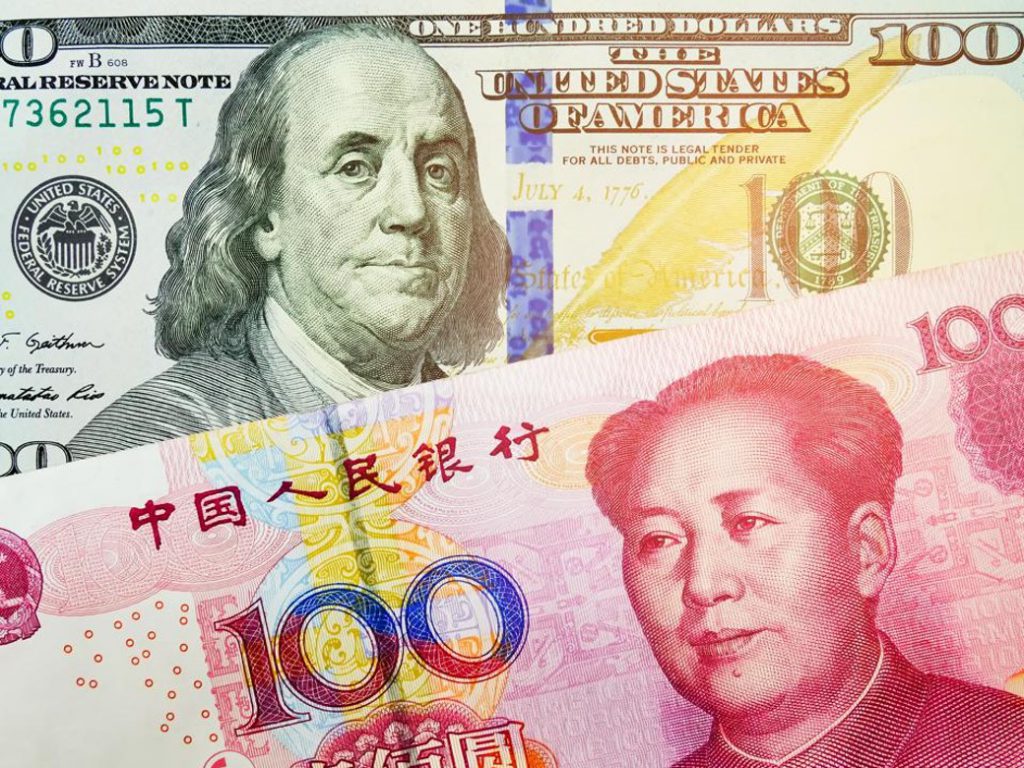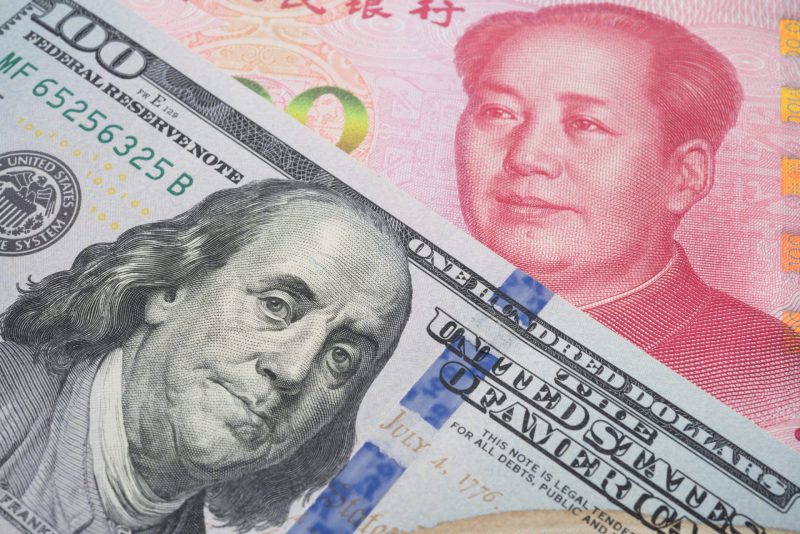BRICS’ Russia is ditching the US Dollar in favor of the Chinese Yuan for trade, according to its central bank. The country has spearheaded de-dollarization efforts amongst the bloc, and this step is a major one in the process of ridding the nation of the US Dollar.
The announcement was one of several issued by the CBR on Thursday. Amidst the latest wave of sanctions on Russia by the US due to its invasion of Ukraine, the Moscow Exchange (MOEX) suspended trading in dollars and euros. The central bank said the decision was made due to a “redirection of trade flows to the East and the change in the currency of settlements to rubles, yuan, and other currencies.”
“The exchange rate of the yuan/ruble will set the trajectory for other currency pairs, and will become the benchmark for market participants.”
Russia Central Bank on Thursday following ditching US Dollar for Chinese Yuan
The US Treasury sanctioned more than 300 Russian entities, noting it is taking a “sweeping aim at the foundational financial infrastructure” of the country. The entire BRICS economic alliance has worked hard in its efforts to de-dollarize the global economy. That focus stemmed from the increased weaponization and politicization of Western currencies. In turn, the bloc has swayed dozens of new interested nations who also want to ditch the U.S. dollar.


Also Read: BRICS: Over $70B in Trade Will No Longer Be Settled in US Dollars
Recently, Russia and the BRICS bloc announced their decision to settle trade in native currencies like the Chinese Yuan. This decision effectively eliminated the need for the US Dollar. All alliance members were included in the agreement, along with six other countries outside of the bloc.
Furthermore, the Russian Central Bank rules mean that banks and investors cannot trade U.S. dollars through a central exchange. Instead, they must rely on over-the-counter deals conducted directly between two parties.





